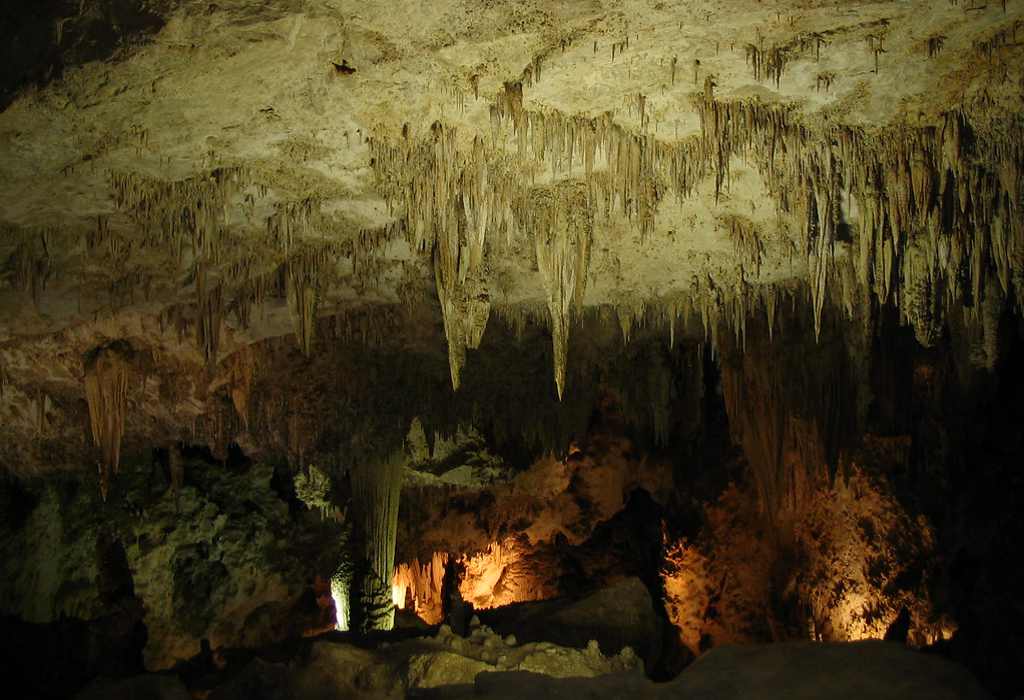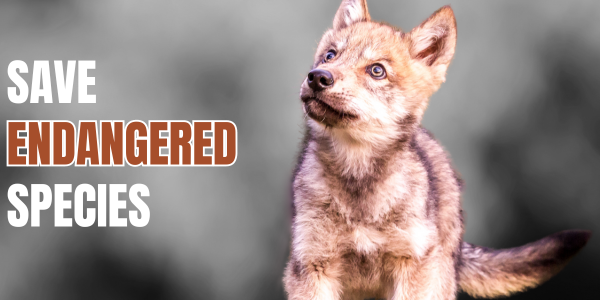The lawsuit alleges that the Bureau failed to take a hard look at the environmental impacts of oil and gas development in this area, including impacts to fragile karst aquifers, air quality, and the climate, in violation of the National Environmental Policy Act (NEPA). Additional oil and gas development will exacerbate the already-high levels of harmful ozone pollution in the region, and significantly contribute to the climate bomb that is being unleashed by oil and development in southeastern New Mexico and west Texas. The Bureau wrongfully found that oil and gas development on nearly 70,000 acres of public lands would not have a significant environmental impact, and prepared less-rigorous Environmental Assessments instead of Environmental Impact Statements for the sales as required by NEPA. The lawsuit further challenges a new Trump administration policy that slashed public involvement in the Bureau’s leasing decisions, unlawfully curtailing the public’s ability to participate in the management of our public lands.
The Greater Carlsbad region, which encompasses the western portion of the Permian oil and gas producing region, has seen an unprecedented surge in development in recent years. Spurred by horizontal drilling and hydraulic fracturing, or fracking, the oil and gas industry has transformed the region into the world’s largest oil producer. There are now more than 50,000 oil and gas wells in the region, which has also turned the Greater Carlsbad region into a massive source of climate pollution. WildEarth Guardians’ lawsuit challenges the agency’s piecemeal review of each individual lease sale in isolation, without consideration of the cumulative impacts of ongoing oil and gas development in the Greater Carlsbad region and on BLM lands throughout the West.
With this lawsuit, Guardians is taking aim at the heart of the Trump Administration’s “energy dominance” agenda, a plan to drill, mine, and frack our nation’s public lands without regard for the devastating impacts of fossil fuel development on our public lands, wildlife, clean water, public health, and global climate.

